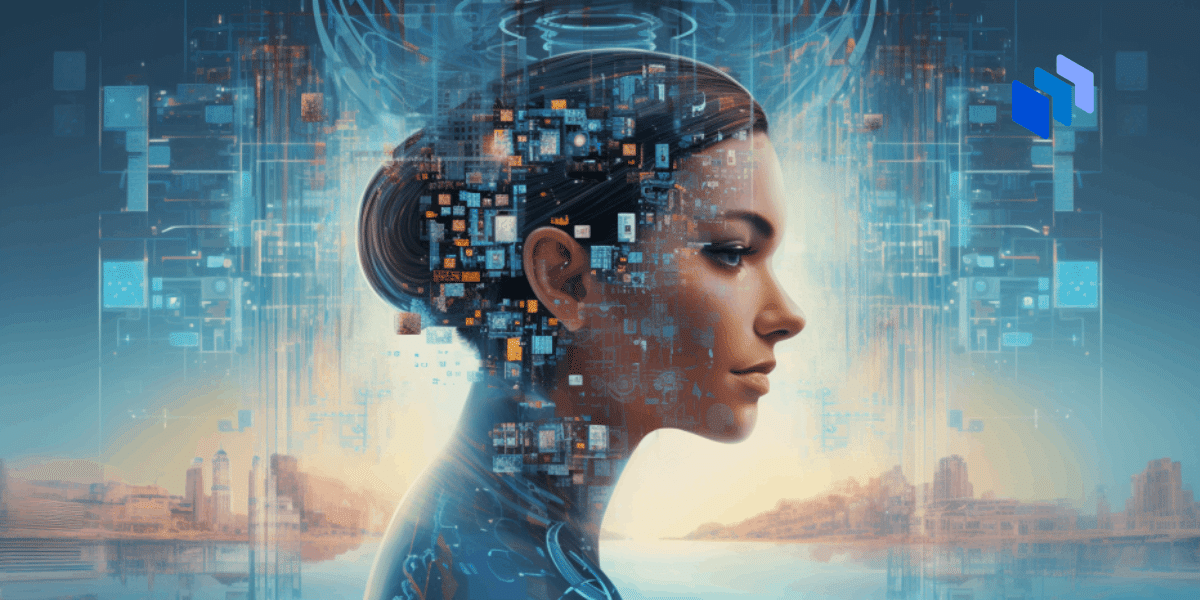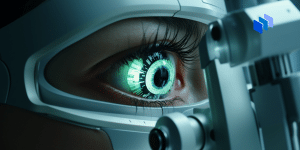What Does Computational Neuroscience Mean?
Computational neuroscience is the science of studying brain function with computer science modeling, and looking at all of the activity of the human brain through the lens of computer science. Scientists engaged in computational neuroscience might build models to understand how neurons, axons and dendrites work. The field of computational neuroscience blends aspects of computer science and electrical engineering with traditional studies of biology.
Computational neuroscience is also known as theoretical neuroscience.
Techopedia Explains Computational Neuroscience
Although computational neuroscience uses models to look at brain activity, it is different from some of the other models that are most useful in artificial intelligence today. A common explanation is that computational neuroscience is different from psychological connectionism because it emphasizes the biology of neurons and not just their function. Another way to say this is that computational neuroscience is focused on more fully realizing the biology of the brain, and not on the simulation of intelligence primarily.
Computational neuroscience can be applied in many ways. It can be applied to look at the ways that the brain processes information, for example, in advanced analysis of human or animal vision or in other senses, such as the sense of smell. It may be applied to models assessing basic motor skills or mobile development. It may be applied to either active or involuntary aspects of the central nervous system. Computational neuroscience seeks to understand the brain and how it works through direct application of new high-tech sciences.





